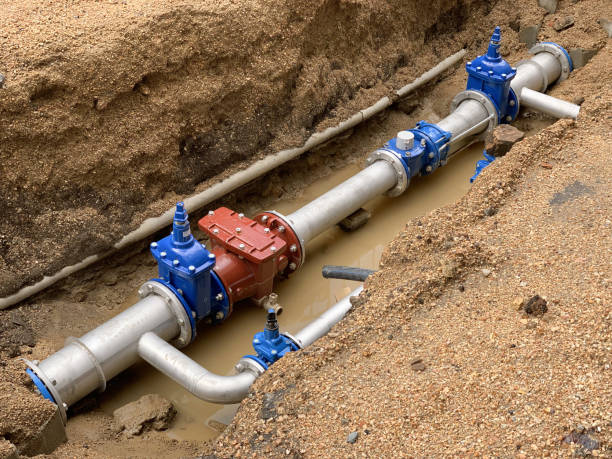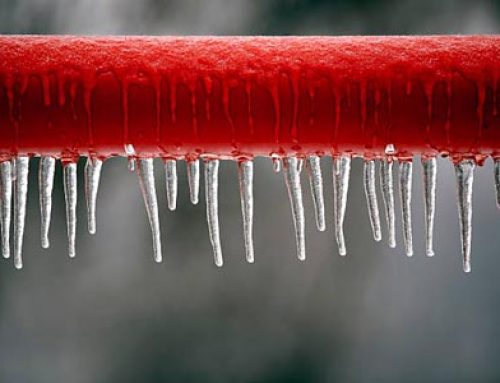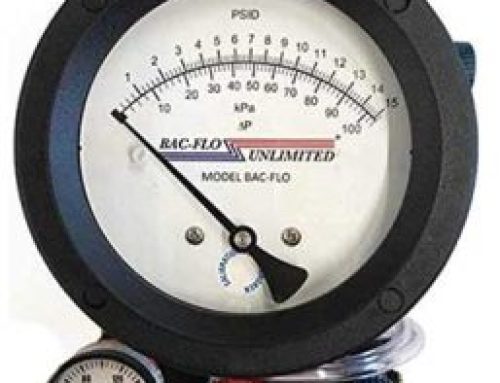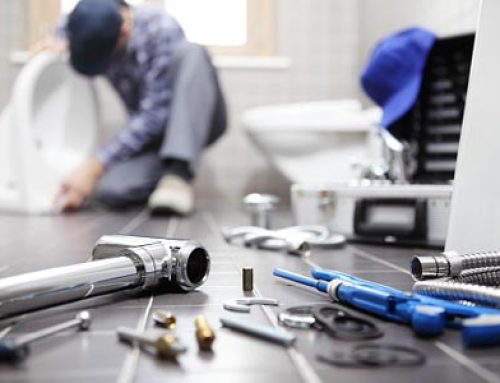Do you have concerns regarding the water supply pipes in your house? Well, you should! As your plumbing system’s foundation, water supply pipes deliver the pure, hygienic water we rely on.
Yet not all pipes are made equal, and preserving the integrity of your plumbing system depends on selecting the proper water supply pipe. In this article, we’ll dig deeper into the various water supply pipes available and help you select the best one for your particular requirements!
5 Types of Water Supply Pipes
Copper Pipes
Copper pipes are still a common option today despite being used for water supply for many years. They are corrosion-resistant, strong, and long-lasting.
Copper pipes are a wonderful option for hot water applications because of their strong heat resistance. The drawback of copper pipes is their potential cost and the potential need for expert installation.
PVC Pipes
PVC pipes are a cost-effective and functional alternative for water supply pipes. They are corrosion- and chemical-resistant and simple to install.
The smooth surface of PVC pipes also hinders the accumulation of contaminants that can choke pipes, such as mineral deposits. However, PVC pipes should not be used for hot water applications because they may deform or even melt at extreme heat.
PEX Pipes
PEX pipes are a recent type of water supply pipe that has gained popularity recently. They are popular among DIY enthusiasts since they are adaptable and simple to install.
Due to their excellent temperature tolerance and corrosion resistance, PEX pipes are appropriate for both hot and cold water applications. The drawback of PEX pipes is that they could cost more than other pipe types and might not be allowed to be used everywhere.
Galvanized Steel Pipes
Older homes and buildings frequently use galvanized steel pipes, although they are less common today. While strong and long-lasting, they are susceptible to corrosion and rust over time. Galvanized steel pipes demand expert installation and are challenging to deal with.
CPVC Pipes
PVC and CPVC pipes are comparable; however, CPVC pipes are made for hot water applications. They have a smooth texture that reduces the chance of mineral formation and are immune to corrosion and chemicals. CPVC pipes are very inexpensive and simple to install. They might not be permitted for use in all places, though, and they are inappropriate for cold water applications.
So, Which Water Supply Should You Choose?
The answer is determined by various variables, including your financial situation, the kind of water supply system you have, and the regional building regulations in your area.
It’s important to consider both short- and long-term expenses and benefits when choosing a water supply pipe. Cheaper pipes could save you money upfront but might need more upkeep and repairs in the long run.
Selecting the appropriate kind of water supply pipe is crucial to ensure the pipes are correctly placed and adhere to all applicable local building laws and requirements.
Pipes that have been improperly installed can result in leaks, burst pipes, and other plumbing issues that can be expensive to repair.
So, contact a reputable plumbing contractor for professional assistance selecting and installing water supply pipes on your property!





